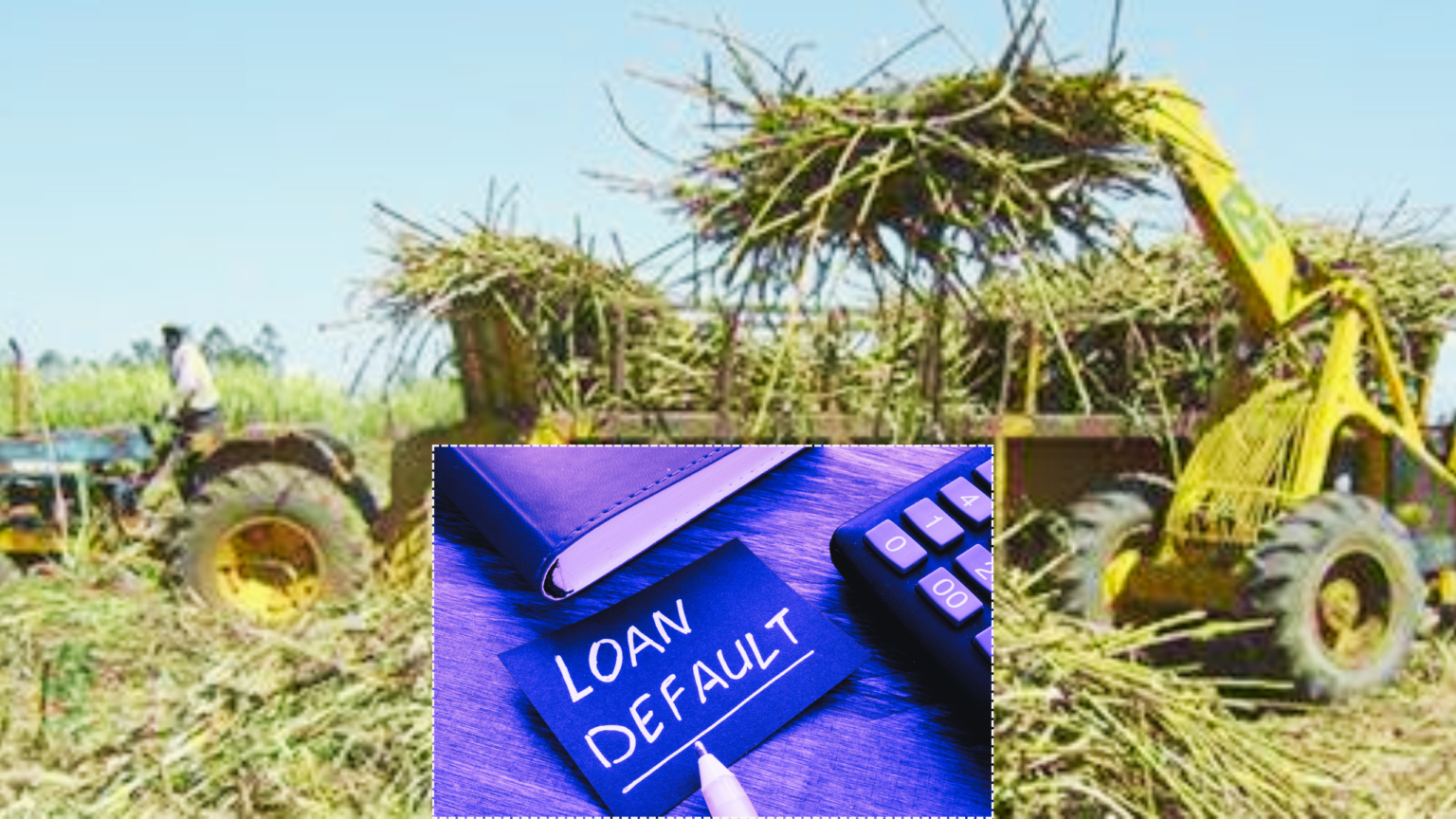The Kenyan government is grappling with a potential financial setback as sugarcane farmers, particularly in the Nyanza region, refuse to repay loans amounting to Sh3.7 billion. These loans, issued by the Commodities Fund, were intended to support agricultural improvement and operations. However, local political promises of loan forgiveness have fueled the farmers’ defiance. The Kisumu Sugar Belt Cooperative Union and the Muhoroni Multipurpose Cooperative Union, alongside Muhoroni Sugar Company, are major debtors.
This defiance underscores the broader frustrations of sugarcane farmers who have long felt exploited, especially in Nyanza. These farmers face persistent challenges including delayed payments, unfair pricing, and lack of support from millers, making the government’s loan recovery efforts even more difficult. The loans were unsecured, adding to the complexity of the situation.
Auditor-General Nancy Gathungu has highlighted the precarious nature of these loans, noting the farmers’ tactical delivery of cane to alternative millers to avoid repayment deductions. This strategic evasion is a direct response to the political narrative that the loans have been forgiven, leading to a significant conflict between the farmers, their cooperatives, and the Commodities Fund.
The financial implications are severe. The Kisumu Sugar Belt Cooperative Union owes Sh134.3 million, the Muhoroni Multipurpose Cooperative Union owes Sh88.8 million, and the Muhoroni Sugar Company has a staggering debt of Sh3.47 billion. Despite being operational and active, these cooperatives have consistently defaulted on their loan repayments, creating a ripple effect of financial instability within the sector.
The political landscape plays a crucial role in this standoff. Politicians’ assurances of loan forgiveness have emboldened farmers, who now refuse to honor their financial commitments. This situation not only jeopardizes the financial health of the Commodities Fund but also exacerbates the already strained relationship between the government and the farming community.
In essence, the refusal of sugarcane farmers to repay their loans is a manifestation of deep-rooted frustrations and systemic exploitation. For years, these farmers have endured unfavorable conditions, including delayed payments and low cane prices. The promise of loan forgiveness, although politically motivated, provided a glimmer of hope for many, only to be met with further disillusionment as the reality of repayment looms.
This scenario calls for a nuanced approach to resolving the debt issue. It requires addressing the underlying causes of the farmers’ frustrations and providing a sustainable solution that considers their plight. The government must engage with farmers and cooperatives to find a middle ground that ensures loan recovery while supporting the farmers’ livelihoods.
The standoff also highlights the need for better management and support within the agricultural sector. Ensuring timely payments, fair pricing, and adequate support for farmers can mitigate such crises in the future. Additionally, transparent communication from political leaders is essential to avoid misleading narratives that disrupt financial commitments and trust.
As it stands, the Kenyan government faces a formidable challenge in reclaiming the Sh3.7 billion loans from sugarcane farmers. The situation underscores the broader issues of exploitation and dissatisfaction among farmers, particularly in regions like Nyanza. A comprehensive strategy that addresses these systemic issues while ensuring financial accountability is crucial for resolving this standoff and preventing similar occurrences in the future.
Kisumu City News




